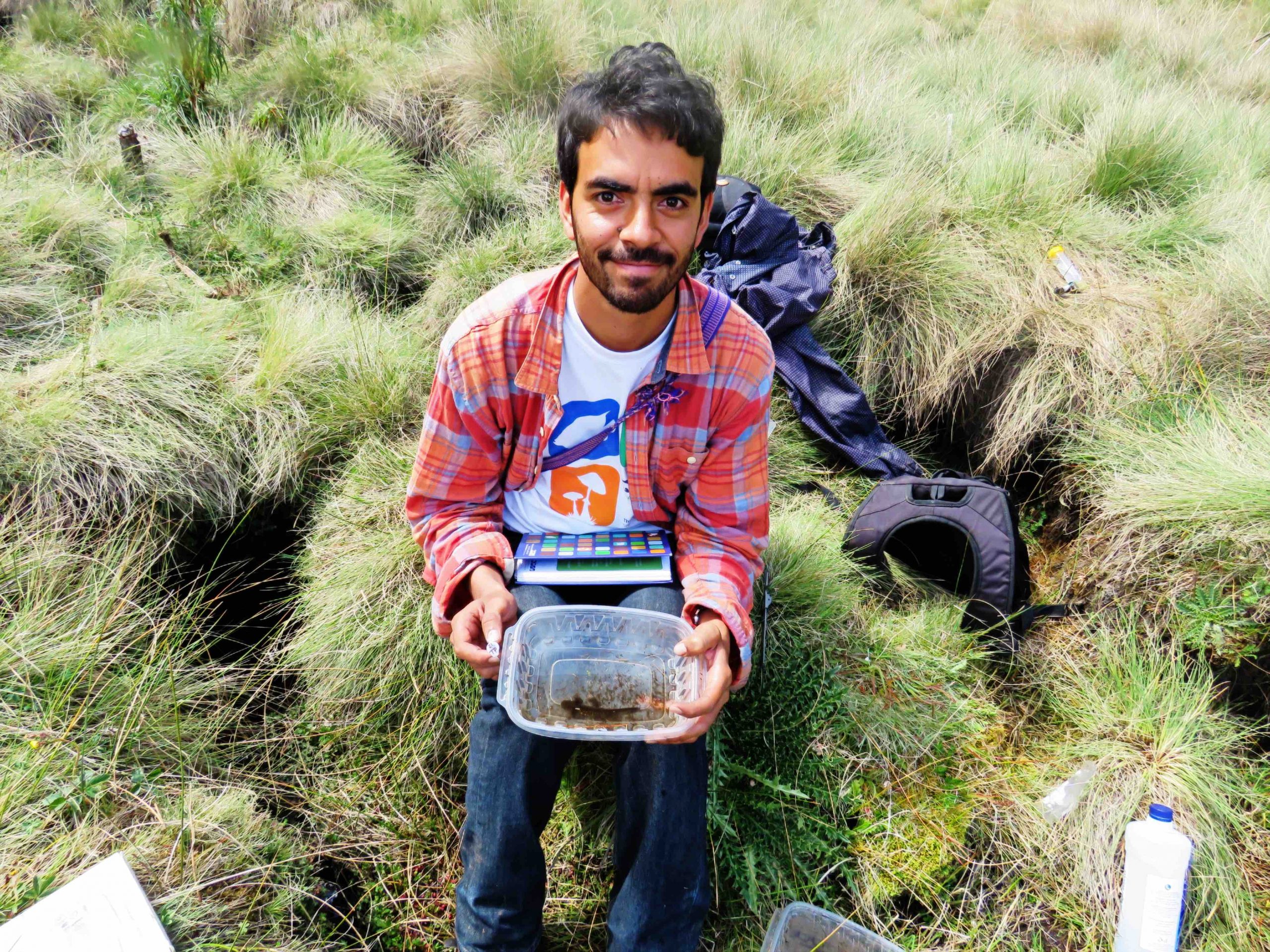Protecting a Mexican Marvel, the Volcano Axolotl
Promoting the survival of the species by working together with the community on in situ and ex situ conservation.
Leora´s stream salamander (Ambystoma leorae)
Grant Number:
242535480
Awarded Amount:
25000
Continent:
North America
Country:
Mexico
Awarded Date:
01/12/2024
The project site is located in the Trans-Mexican Volcanic Belt, specifically in the northern portion of the Sierra Nevada volcanic field. This mountain range encircles Mexico City to the east, one of the largest megacities in the world, home to over 24 million residents and formed by five prominent volcanoes.
Ambystoma leorae, or the Volcano Axolotl, is found in only two streams worldwide: Tula and Río Frío. Unfortunately, three years ago, the water from the Tomaxco stream — a third habitat for this species — was completely diverted. Climate change also led to the drying up of 90% of the axolotl’s habitat in the Tula stream during the dry season of 2024. This has pushed the population, which represents 75% of the entire species, to the brink of extinction. The water crisis affecting the upper reaches of the streams where the Volcano Axolotol resides serves as a stark warning of an emerging hydric crisis in the region that needs urgent attention.
The streams that support A. leorae provide pristine water to thousands of people living in nearby lowland communities and play a crucial role in recharging the aquifer of the Mexican valley basin—the primary water source for millions in Mexico City.
The objective of this project is to establish a captive breeding colony, while also engaging the community through educational initiatives. The ultimate aim is to launch social media campaigns that ultimately lead to a long-term environmental education program in the Río Frío community.
Project lead by

Dr Felipe Osuna
Project Researcher
ECOSUR